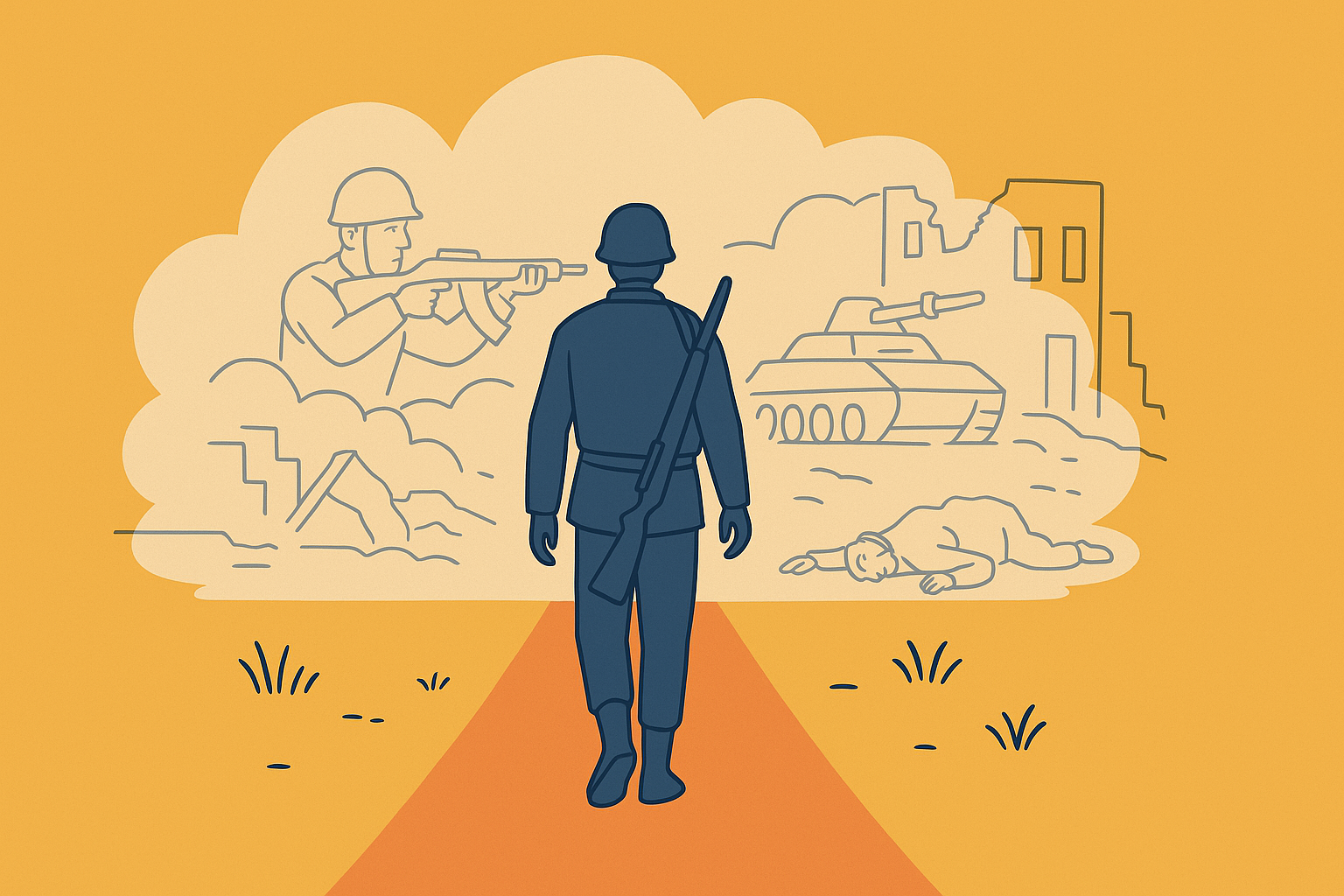Remains by Simon Armitage: What It Means and Why It Matters for Your GCSE English Exam
If you’re studying the Power and Conflict poetry anthology for GCSE English Literature, one of the most striking poems you’ll come across is Remains by Simon Armitage. It’s a powerful piece about war, trauma and guilt, and a favourite with examiners.
As a former Head of English and GCSE examiner, here’s a clear, student-friendly guide to what Remains is about, the techniques Armitage uses, and why it’s so important in your exam.
✅ What Is Remains About?
The poem is written from the point of view of a soldier describing an incident where he and his fellow soldiers shoot a looter during a conflict. Although it seems like just another moment in war at the time, the memory haunts the soldier long after he returns home.
It explores the lasting effects of war, PTSD (post-traumatic stress disorder) and the way soldiers are often left to deal with guilt alone.
✅ Key Ideas in the Poem
Violence and Guilt: The soldier describes the killing in a casual, matter-of-fact way at first, but later admits it’s constantly on his mind.
Psychological Trauma: The memory follows him home: he can’t sleep and keeps reliving the moment.
Criticism of War: Armitage suggests the true cost of war isn’t just physical, but mental too.
✅ Why Remains is Important in Your GCSE Exam
You’ll need to be able to explain:
How Armitage uses language (colloquial phrases, graphic imagery, repetition) to show the soldier’s trauma.
How structure reflects the soldier’s loss of control and growing guilt.
How this poem compares with other poems in the anthology, like War Photographer or Bayonet Charge.
Final Thoughts
Remains is one of the most accessible poems in the anthology — but to get top marks, you need to go beyond what happens and explore how Armitage presents his message. A bit of extra support unpacking techniques, learning quotes and practising comparison essays can make all the difference.
If you’d like expert support with Remains, poetry revision or GCSE English Literature skills, I have a limited number of tutoring slots available both online and in-person across Stockport, South Manchester, Trafford and surrounding areas.
Contact me today for a private tutoring quote, whether it’s for poetry practice, essay planning or exam technique.
Visit my Contact page to get in touch.

